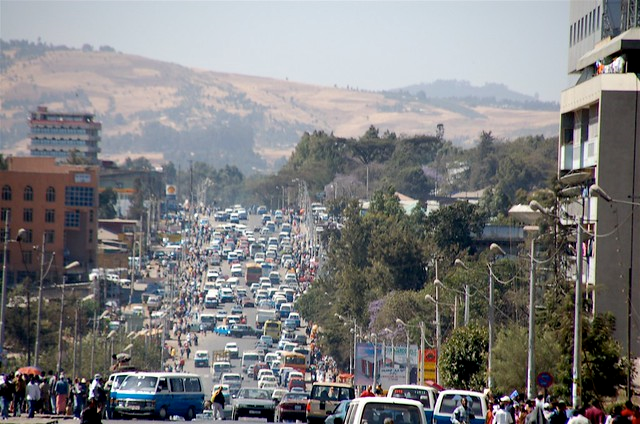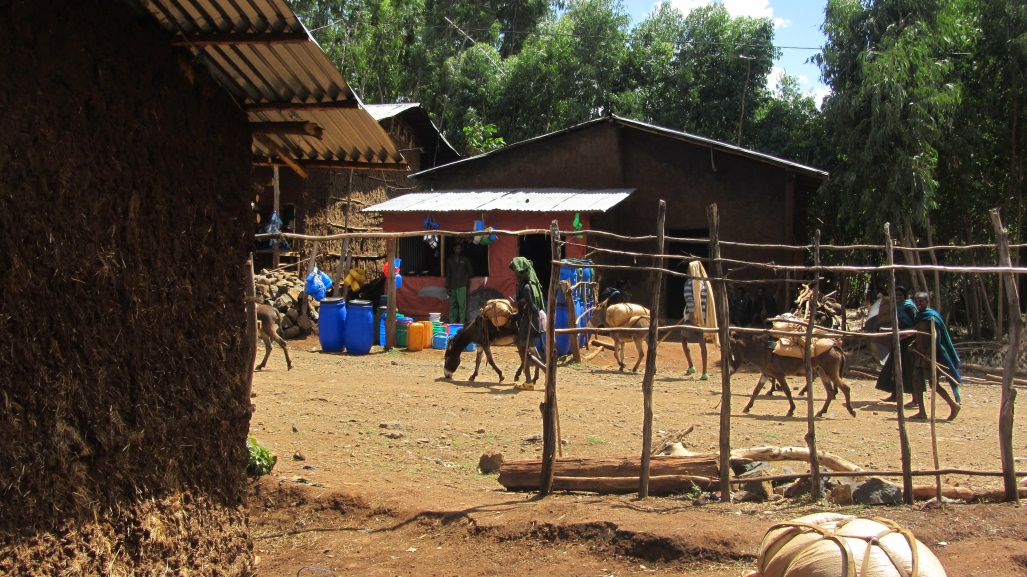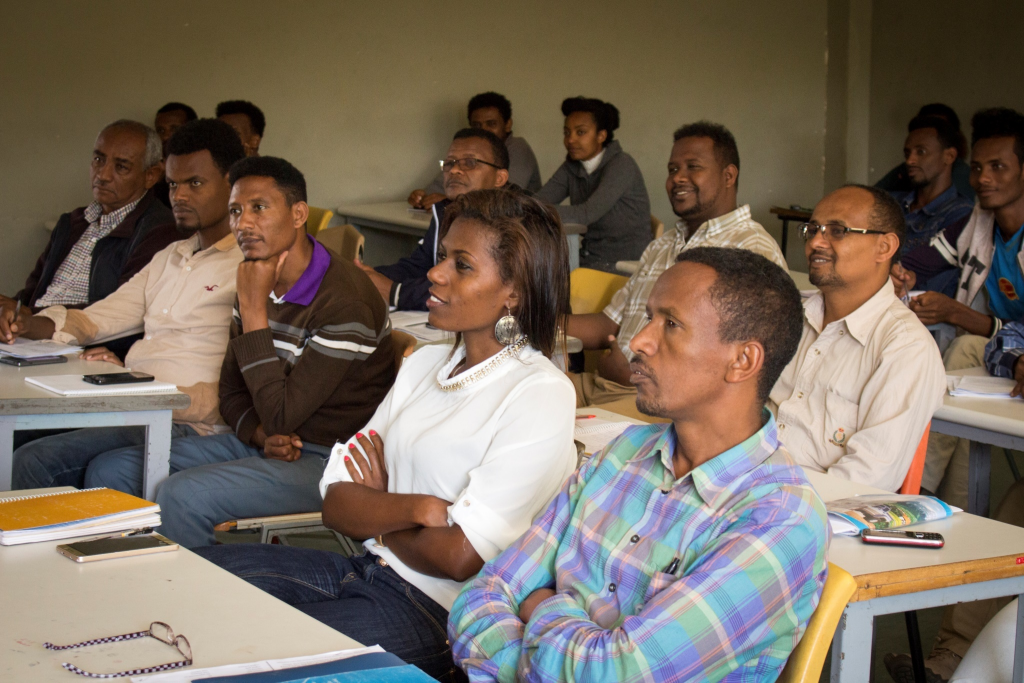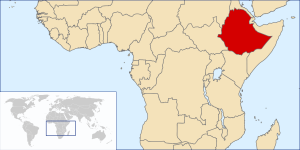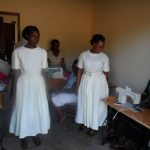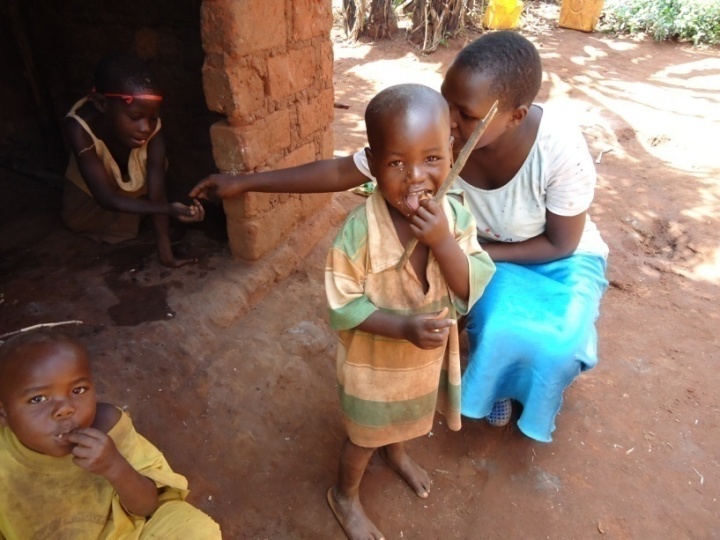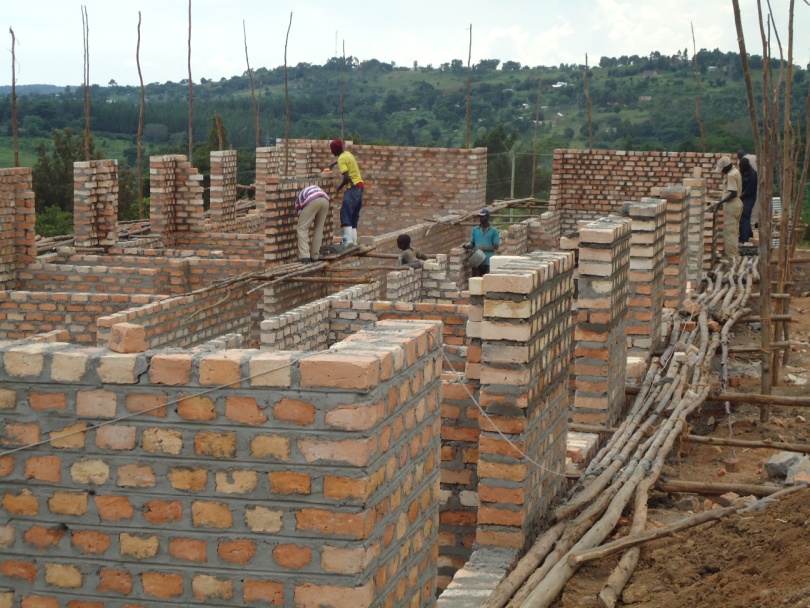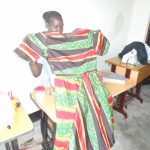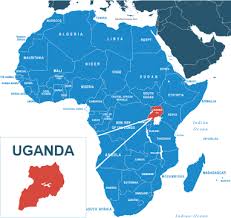SHIPMENT FEEDBACK
The Western region of Cameroon is rural and isolated. The majority of its population are dependent on traditional agriculture for their food and livelihoods, but a lack of proper roads and modern communications mean that they can’t develop their trade and have little access to other opportunities. An influx of displaced people from Cameroon’s civil conflict has put further strain on already struggling communities. Many are working to welcome displaced families and support them in their time of crisis, but it’s hard to do so with so little.
Our NGO partners on this shipment provide the tools and training people need to generate new jobs, they are supplying medical equipment to improve the lives of those with disabilities, and they are revitalising schools with new books, furniture and educational materials.
When they received Crossroads’ shipment, staff told us that it came at a time when they were seeing communities extra stretched with displaced people, their children needing schooling, and families needing extra health services. They were overjoyed to receive a large quantity of school supplies, computers for schools, books, office furniture, wheelchairs and crutches, educational toys and hygiene supplies.
“We are so grateful to the donors of the materials we have here – computers, plates, books, and more. These will go a long way to assisting children with their studies.” – School teacher, rural Cameroon
Elementary children received hygiene supplies as well as benefiting from toys, books and other goods from Crossroads’ shipment. One school that received goods has more than 120 students displaced by violent conflict elsewhere in Cameroon.
Kerosene lanterns from Crossroads’ shipment were hugely useful to displaced students in one of the town’s regular power cuts.

The shipment included medical goods such as new wheelchairs, crutches, bandages and compression pads to help equip under-resourced rural clinics.
Teachers spoke warmly of the difference that practical resources will make on the education they can offer their students, particularly computers. “We hope now that these children will be as comfortable with computers as any children outside Cameroon,” said one. “Now our children can participate and be part of the global village.”
Others spoke of the challenges that displaced children have been dealing with. “I dare not talk about the conditions from which they came, because it’s very sorrowful,” said a teachers. “We have parents who come in crying, the children are crying.” Another said many children have walked for days to reach this district, escaping bloody violence in conflict areas. “We want them to have the opportunity to continue their education here. We’re just lucky we have teachers here. We are so grateful to the donors of the materials we have here,” she said, speaking of the goods from Crossroads’ shipment. “These will go a long way to assisting children with their studies.
Reference No. : S4936



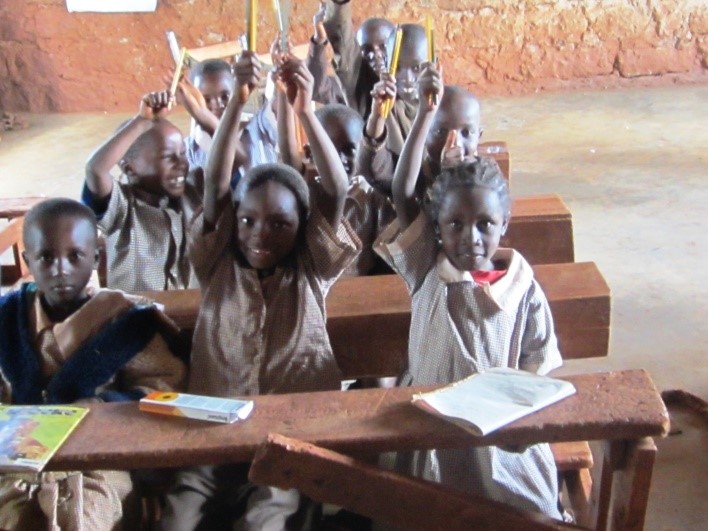
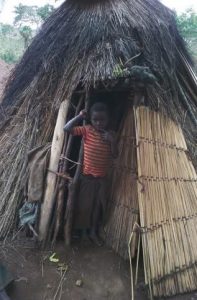
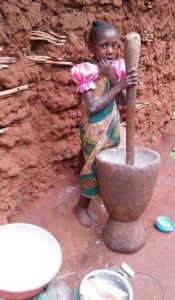 ‘Orphans’ aren’t always those who’ve lost both parents. Many children in children’s homes or in-home care in our partners’ communities, like Doris (right) and Juma (left) have people to care for them, but their relatives are themselves so impoverished that they need extra support from our partners for basics like food, clothing and school fees. Goods from this shipment will support some of those needs.
‘Orphans’ aren’t always those who’ve lost both parents. Many children in children’s homes or in-home care in our partners’ communities, like Doris (right) and Juma (left) have people to care for them, but their relatives are themselves so impoverished that they need extra support from our partners for basics like food, clothing and school fees. Goods from this shipment will support some of those needs.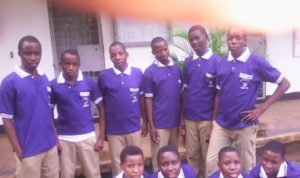 Crossroads shipped to these partners some years ago, sending educational goods, clothing and furniture. Staff wrote of the impact that the shipment made. School books helped raise the grades of primary and secondary students (above), while preschool children now have comfortable furniture to use while learning. Children in their network of children’s centres were grateful for clothing and shoes to help relieve the burden of affording these basic essentials themselves.
Crossroads shipped to these partners some years ago, sending educational goods, clothing and furniture. Staff wrote of the impact that the shipment made. School books helped raise the grades of primary and secondary students (above), while preschool children now have comfortable furniture to use while learning. Children in their network of children’s centres were grateful for clothing and shoes to help relieve the burden of affording these basic essentials themselves.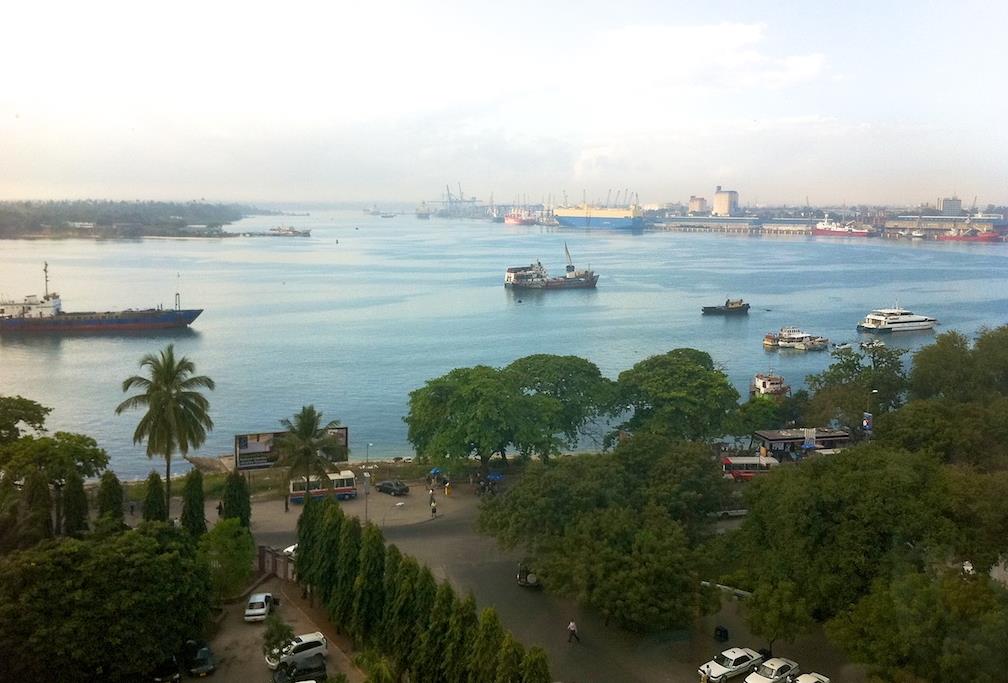
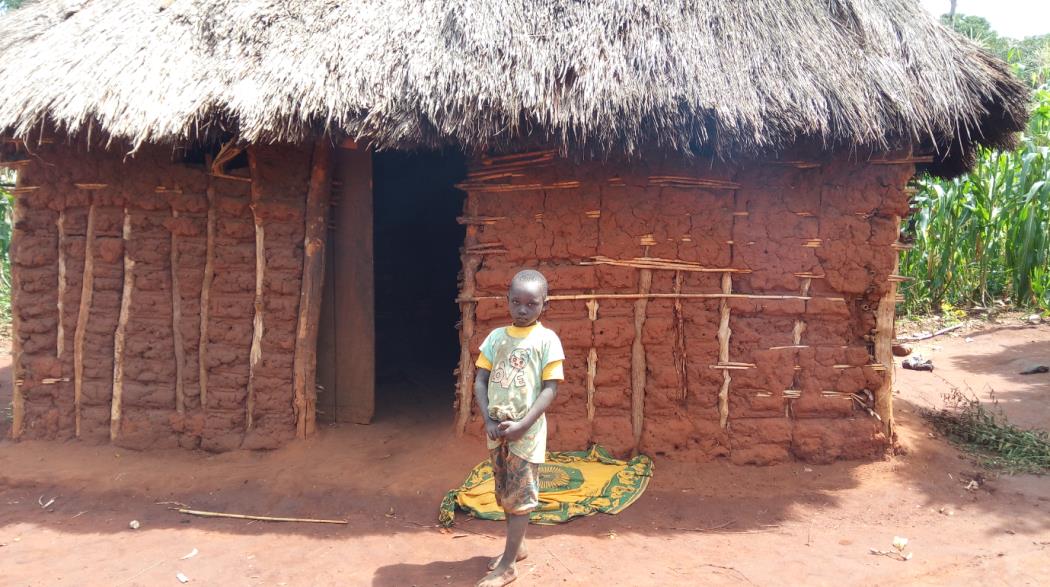
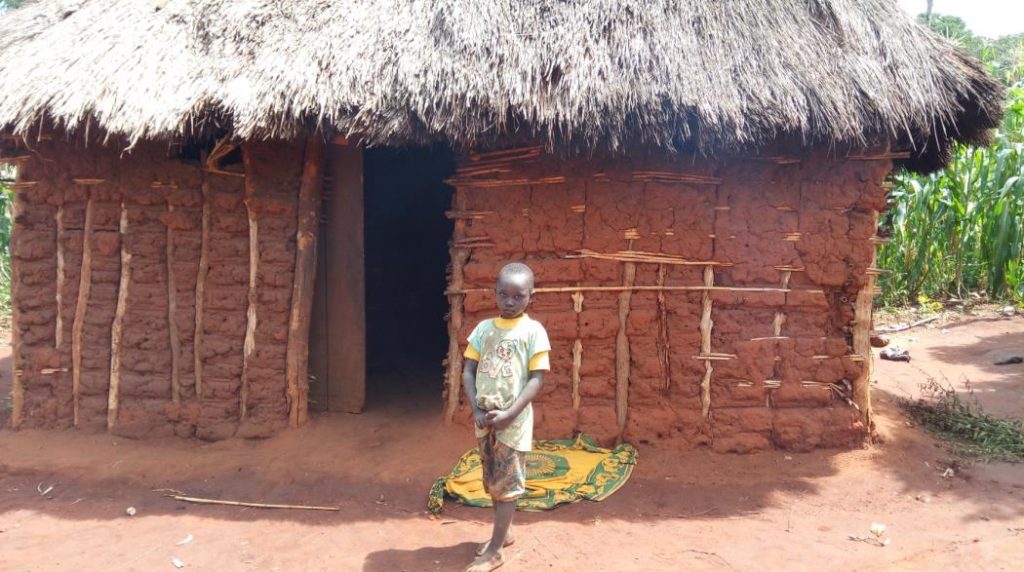
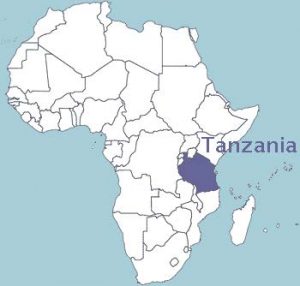
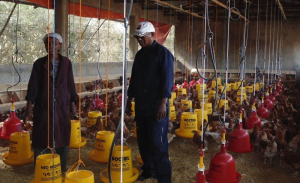
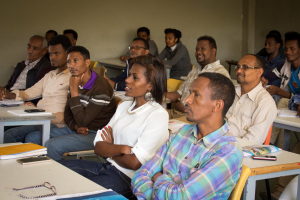 When fighting erupted in Amanuel’s village between different tribes, Amanuel was well trained to help broker peace. He had graduated from our partners’ college in Ethiopia, taking courses in conflict management and resolution as part of his education. Now an elementary school teacher, Amanuel’s training in conflict resolution helped him take leadership in the efforts to solve the village’s in-fighting. He began organising seminars, gathering tribal leaders together to inspire cooperation and peace. His approach was successful, and the community was able to exist in harmony once more, thanks in part to the education Amanuel had accessed through his college. Amanuel is a wonderful example of our partners’ goal of producing graduates ‘passionately committed to transforming their society’.
When fighting erupted in Amanuel’s village between different tribes, Amanuel was well trained to help broker peace. He had graduated from our partners’ college in Ethiopia, taking courses in conflict management and resolution as part of his education. Now an elementary school teacher, Amanuel’s training in conflict resolution helped him take leadership in the efforts to solve the village’s in-fighting. He began organising seminars, gathering tribal leaders together to inspire cooperation and peace. His approach was successful, and the community was able to exist in harmony once more, thanks in part to the education Amanuel had accessed through his college. Amanuel is a wonderful example of our partners’ goal of producing graduates ‘passionately committed to transforming their society’.